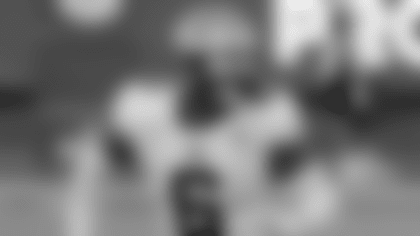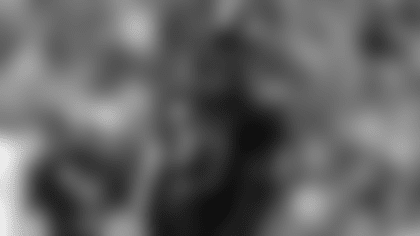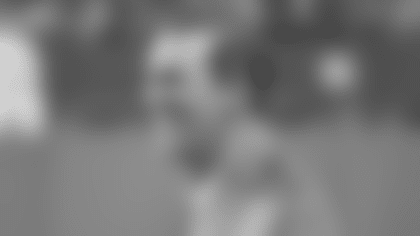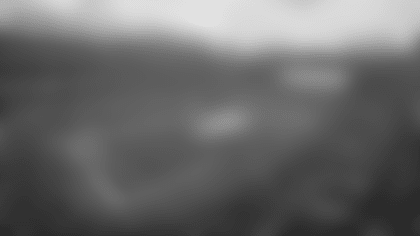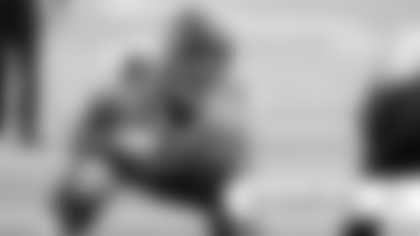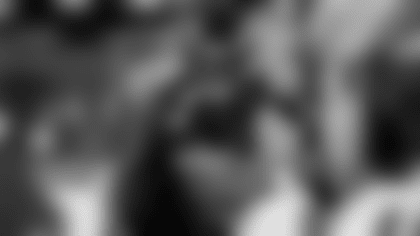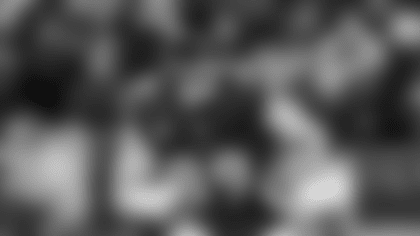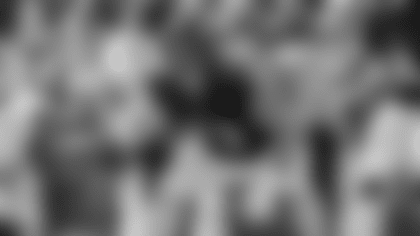Two days after being put on season-ending injured reserve, first-round wide receiver Breshad Perriman gave his best explanation of one of the biggest mysteries of the Ravens' season.
What happened with his knee injury and why did it take so long to heal?
In short, the injury was worse than originally thought by doctors in July, then he suffered a setback September. That didn't leave enough recovery time to get back into football shape this season. However, Perriman's doctors do not expect any long-term issues.
In his first time speaking with the media since about five months ago in June, Perriman said he suffered a partially torn PCL on July 30, the first day of training camp.
While trainers initially thought it was a minor injury, leading to Head Coach John Harbaugh saying Perriman would return in a couple days at most, they looked into it more and determined it was "worse than everybody thought it was."
Perriman's knee made progress and he returned to practice, although on a limited basis, on Sept. 24.
But on Sept. 27 during pre-game warmups before the Ravens faced the Bengals, Perriman confirmed that he aggravated the injury while trying to reach another gear and catch a long pass.
"I was kind of feeling a little better and I wanted to push myself to see how far it could go," Perriman said. "I think I opened up a little too much and felt a pop in my knee. From that day on, I made it a little worse."
Perriman visited Dr. James Andrews on Sept. 30 and had a minor arthroscopic surgery to try to determine the extent of the damage. He further tore his already partially torn PCL, which meant more recovery time would be needed.
"Dr. Andrews said the tear became worse than it was initially," Perriman said. "It was just another setback for me."
The recovery time for a partially torn PCL varies on the severity of the injury, but it's matter of weeks instead of days. Being a professional athlete also requires additional rehabilitation to get back to full football strength.
Ultimately, the Ravens determined there wasn't enough time for Perriman to make a full recovery and still be able to play in enough games to make holding his roster spot worthwhile.
"It was just enough time to get back my quad strength and get back in football shape," Perriman said. "This injury does take time to heal. For some people it is quicker, but just for me it's been longer."
The mental part of the injury has been the most difficult part for Perriman.
There are always high expectations for a first-round pick, and the Ravens were counting on the blazing fast Central Florida product to be an immediate contributor after similarly speedy Torrey Smith left in free agency.
Perriman felt that weight, and heard sharp words pointed at him from outside the team.
"It's been the hardest thing I've ever been through," he said.
"Just a huge disappointment for me and I feel like I'm letting [my teammates] down as well because I feel like I do have a role on this team. I don't know how much I can help, but I can help somewhere."
Perriman said there was a good amount of time where he fell into a "dark hole."
"Once it happened, I kind of shut everyone out," he said. "I wasn't talking to anybody and finally my parents noticed it because I wasn't picking up their calls."
Perriman's parents, including his father, Brett, who played wide receiver for 10 seasons in the NFL, came up to Baltimore one weekend to help encourage their son.
They reminded him of all the things he's been through during his life, including a painful Osgood-Schlatter disease that made running painful when he was a child.
His parents reminded him that other people, including professional football players, have it worse than him. It's not like he suffered a season-ending ACL injury at the beginning of camp, although that may have been mentally easier because the confusion wouldn't have dragged on so long.
"That's really been the hardest thing for me is staying positive and knowing next year is going to be my year," Perriman said. "Whenever I've faced adversity, I've always come back hard."
Perriman also eased fans' concerns that his slow recovery could be a sign of problems to come. He said his childhood Osgood-Schlatter has "nothing to do with" his current injury and that there aren't any long-term effects.
He said he'll know for sure later if he needs further surgery, but he and the doctors don't expect it.
"It's healing very well," Perriman said. "I think it's coming along well now.
"[Doctors] basically told me that once I get this thing back 100 percent that I'll be good and I should be fine for the rest of my career. It could potentially happen again, but the odds of that are slim."
Now Perriman is swallowing his lost rookie season and keeping his eyes pointed forward.
The Ravens won't know exactly what to expect from their prized offensive prospect, which makes their offseason decisions more difficult. However, Perriman is confident he'll deliver on his great potential.
"Next year, when I finally get healthy, I feel like I'll be more hungry than ever and I'll come back harder than I ever have," Perriman said.




